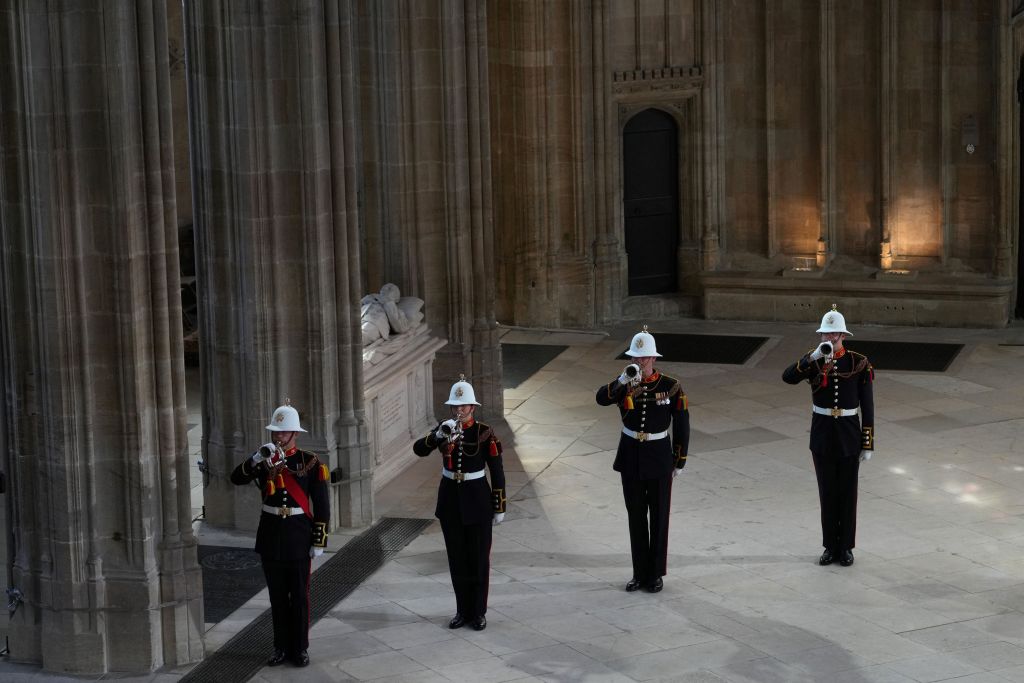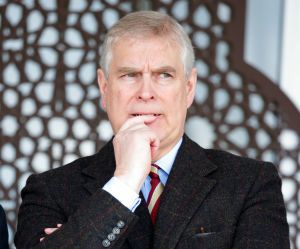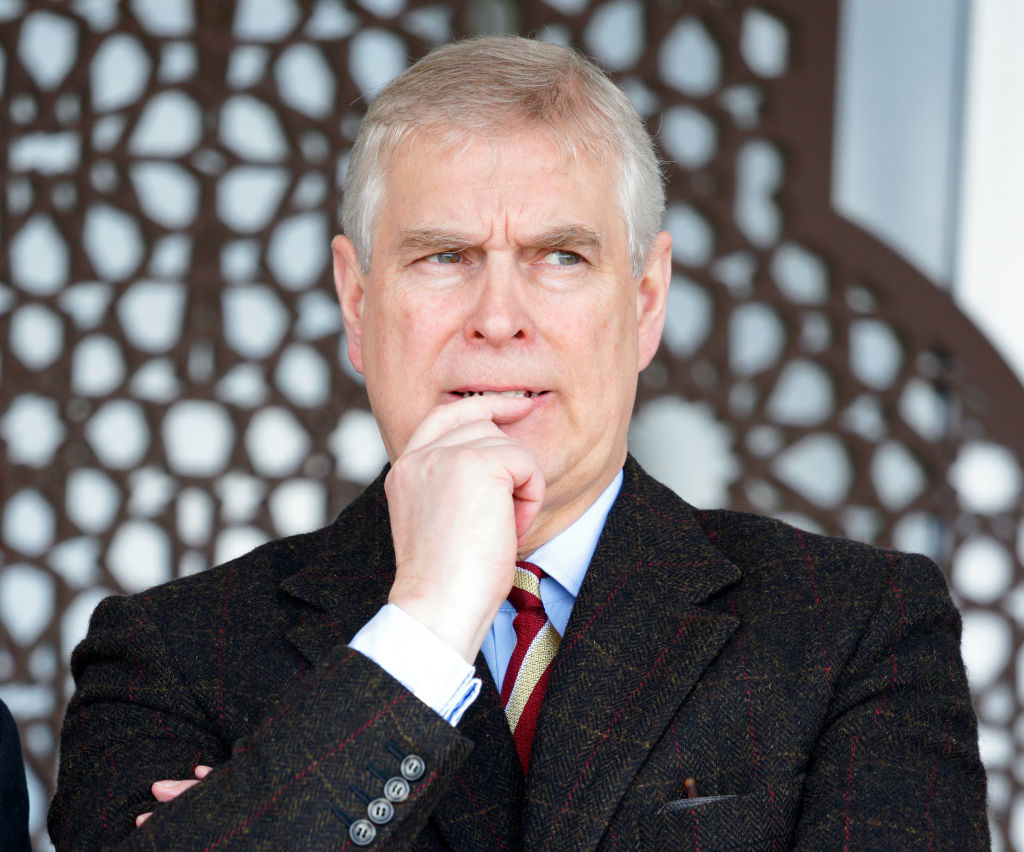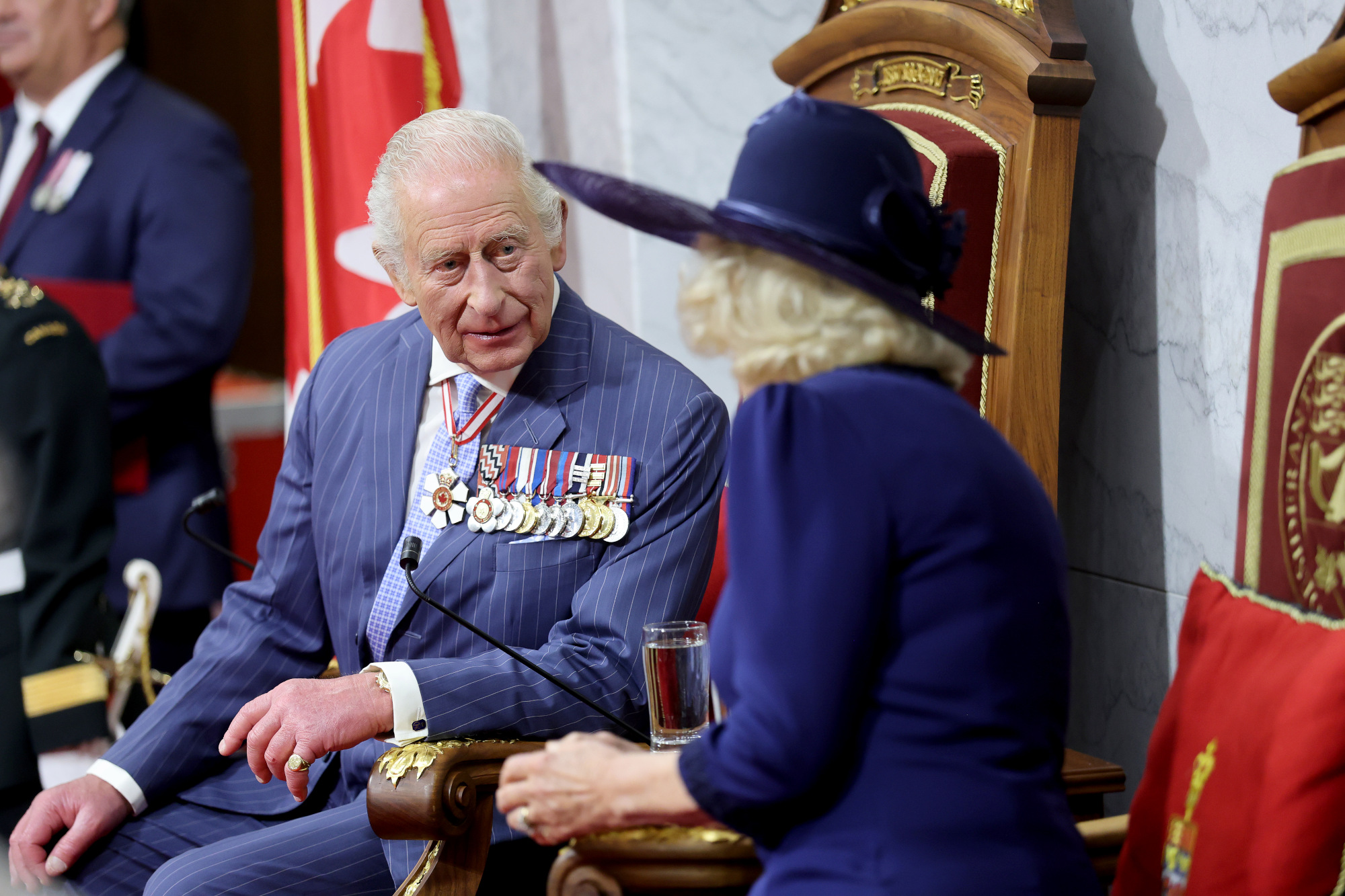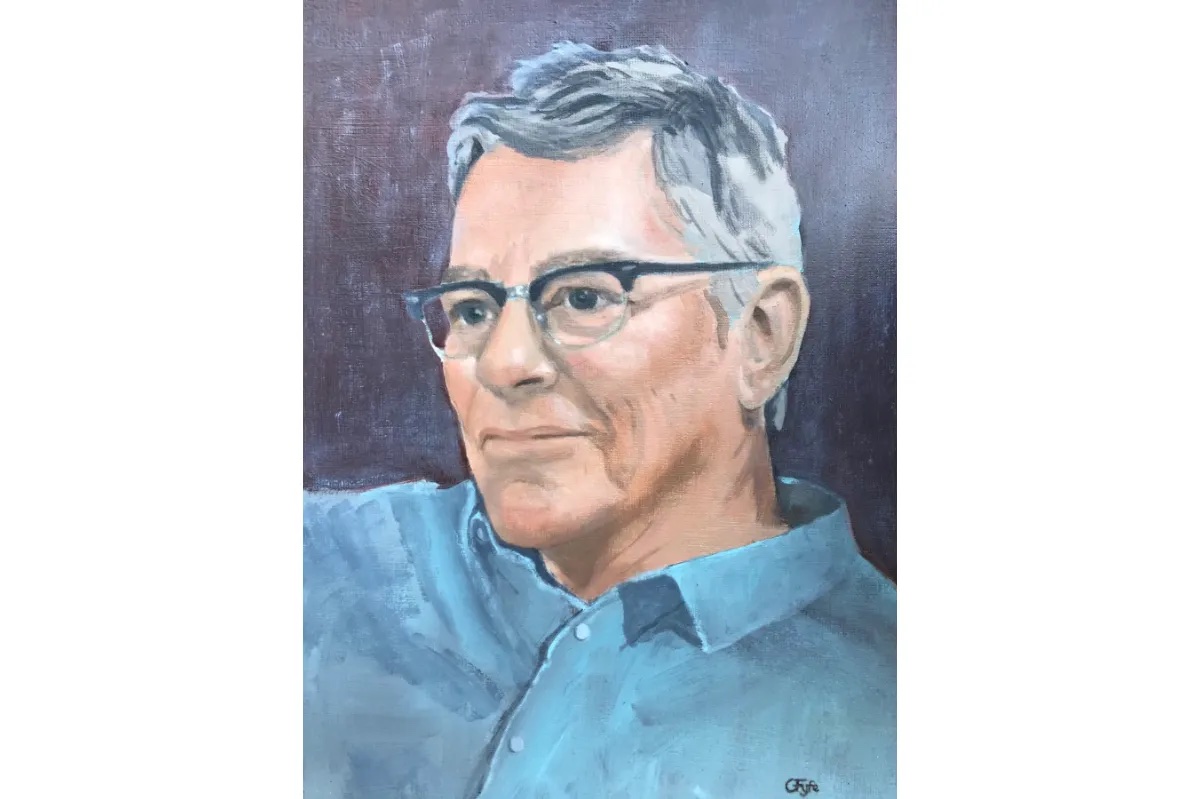Every detail of Saturday’s funeral of Prince Philip, Duke of Edinburgh, is likely to be pored over in the days ahead. But one aspect which should get particular attention is the musical contribution. For although the choir at the service in St George’s Chapel, Windsor, was reduced to only four singers due to COVID restrictions, their singing was a powerful and important testament to Britain’s musical and specifically choral tradition. It was also a reminder of how at times of deep emotion music can provide a solace that words and other mediums of expression cannot.
The settings of the Funeral Sentences by William Croft have been heard at state funerals, among others, for three centuries. At the funerals of Baroness Thatcher and Princess Diana they were sung, respectively, by the choirs of St Paul’s Cathedral and Westminster Abbey in procession. But their stationary rendition on Saturday by the four singers of St George’s Chapel, Windsor was as moving a performance as any. The performance brought out the extraordinary genius and simplicity of these great affirmations of faith, and was a reminder that much of the great English music of the 17th and 18th centuries does not require vast forces to achieve its most moving effects.
One of the Duke’s requests for his funeral was that the choir should sing Benjamin Britten’s ‘Jubilate’. That work was commissioned by the Duke an astonishing 60 years ago, for the Chapel choir of St George’s, Windsor. It is one of a number of works that commemorate the connection between the Queen and the Duke of Edinburgh and one of Britain’s greatest composers, and has firmly entered the repertory since its first performance.
The Russian ‘Kontakion of the Departed’, sung at the end of the service, has been treated by some commentators as though it was an interloper into the service from another tradition entirely. Yet the ‘Kontakion’ has been in English hymnals for many decades and is a reminder that while the choral tradition of these islands is an evolving idiom of its own it has also always been receptive to outside influence.
This has been an especially miserable year for musicians and other performers. Many of the churches and cathedrals of this country have been silent for the first time in their long history. Numerous church choirs have been shut down or disbanded altogether. Others will struggle to get going again or will feel that they have lost their thread. Among much else, perhaps Saturday’s service will prove a reminder of how important Britain’s musical tradition is, and be a spur for its return as soon as possible.
This article was originally published on The Spectator’s UK website.



